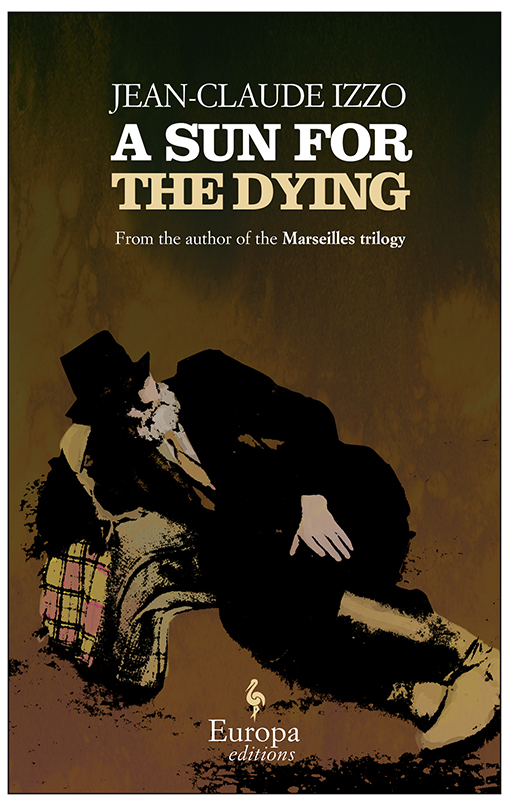
A Sun for the Dying
- اطلاعات
- نقد و بررسی
- دیدگاه کاربران
نقد و بررسی

April 28, 2008
Izzo (1945–2000) returns to Marseille (setting of Total Chaos
and other of his books) with a bleak, affecting tale about a man on the skids, despairing of love's ability to heal. Rico, the 40-something, hard-drinking transient protagonist, still smarts from a breakup in Rennes with his beautiful, avaricious wife, Sophie. Living on the streets of Paris when his down-and-out friend, Tito, dies curled up on the metro train, the grief-stricken Rico decides to return to Marseille, the city where 20 years before, as a recently demobilized marine, he meet his first love, Léa. The novel becomes a kind of desperate road trip (Tito used to tell Rico about Kerouac's On the Road
), as Rico bums his way from Paris to Marseille. Abdou, a 13-year-old Algerian refugee boy in search of a father, takes over the narrative when Rico, increasingly ill, beat up and alcoholic, sinks into a state of delusional regret. Izzo's last novel proves riveting and grim.

Starred review from July 1, 2008
Paris is freezing, and when his friend Titi dies curled up in the subway, Rico decides to head for Marseilles, drawn by the sun and sea, and by memories of his youthful love, L'a. So begins the graceful, slow-motion ballet of Ricos journey to the coastand back through his lifea descent into hell amid the echo of closing doors: the loss of wife and son, of sobriety, of career, of parents, of love, of self-respect, until at last he is transformed into a social and psychological ghost, haunting the streets and haunted by the past. Other down-and-outs share his roadthe predatory D'd', the reserved F'lix, and the Bosnian prostitute Mirjana, who is held together against the harsh mistral of Avignon by a hollow hatred of the man who killed her family and who, like Rico, has forgotten how to cry with happiness. There are surprises waiting in Marseilles, for the reader, if not for Rico. Like a chanson by Jacques Brel or Charles Aznavour, Izzos harsh, honed prose perfectly embodies that Gallic genius for balancing bleak unsentimentality with intense, frank emotion, making this a likely hit not just with fans of noir (including Izzos own Marseilles trilogy) but also with devotees of Charles Bukowski, Hubert Selby Jr., and other great modern tragedians. Readers deepest sadness will be that Izzos own premature death has left little else to translate.(Reprinted with permission of Booklist, copyright 2008, American Library Association.)




دیدگاه کاربران